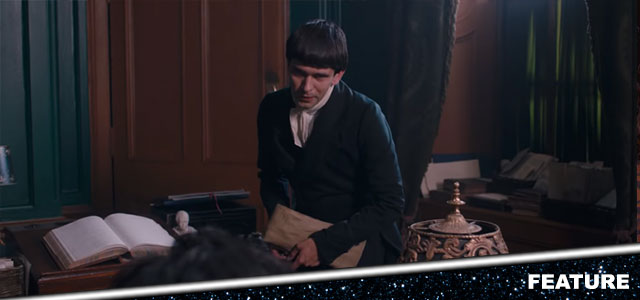
This week brings with it a brand new Charles Dickens adaptation: The Personal History of David Copperfield. This sensitive coming of age drama was cited by the author himself as his "favourite child", and those who've read it will understand why.
The novel amalgamates fact and fiction, drawing on the hardships and joys of Dickens' own life while spinning the yarn of our make-believe narrator David. The story carries us from the anguish of David's childhood, in which he loses his mother, through to his first loves and beyond, chronicling his encounters with a host of delightfully eccentric characters.
The film adaptation is directed by master satirist Armando Iannucci (The Thick Of It; The Death of Stalin), and has assembled a formidable cast. Dev Patel plays the tenacious David, and is joined by Tilda Swinton as his donkey-hating aunt Betsey Trotwood, Hugh Laurie as Betsey's companion Mr. Dick, Peter Capaldi as the perpetually-in-debt Mr. Micawber – and Ben Whishaw as the repulsive Uriah Heep.
The last character is why we're here – Heep is one of Dickens' most brilliantly skin-crawling creations, a fawning clerk who crosses David's path and begins to wrong those closest to him. Heep never misses a chance to state his "'umble" status, but this is just a front for a scheming villain, described by Dickens as having burning red eyes and clammy hands like fish.
We can't wait to see how Paddington and Spectre actor Whishaw interprets this skin-crawling Dickens creation when the film reaches us on the 24th of January. In the meantime, we've rounded up some classic Dickens villains on the big and small screens, proving that the bad guys really do get to chew the scenery.
1. Great Expectations (1946)
Director David Lean delivered the definitive adaptation of Dickens' 1861 novel. It's packed with some of the author's most unforgettable imagery, including the decaying spinster Miss Havisham in her cobweb-festooned wedding dress, and the eerie, dreary wastes of the River Thames marshes. Lean's black and white cinematography brings a suitably Gothic feel to things, particularly in the opening sequence where young hero Pip is accosted by monstrous convict Magwitch.
Finlay Currie's portrayal of the apparently inhuman Magwitch remains seared in the memory of an entire generation, and young Anthony Wagner as Pip sells the terror brilliantly. It's a reminder of how scary Dickens can be, but of course, both the novel and movie do an excellent job of subverting our expectations, as Magwitch comes to play a surprisingly benevolent role in Pip's life.
2. Oliver! (1968)
Scariest portrayal of a Dickens villain? It has to be the imposing and brutal Oliver Reed as Bill Sikes in this musical adaptation of the author's Oliver Twist. An otherwise frothy and bouncy adventure gets a welcome injection of menace courtesy of Reed's resolutely unsmiling turn – Bill is a violent opportunist in cahoots with Jewish schemer Fagin (Ron Moody) and thinks nothing of brutalising all those around him.
This includes young orphan Oliver himself (played by Mark Lester), whose association with Bill's girlfriend Nancy (Shani Wallis) leads to horrifically violent consequences. Upon watching the film again, it's a jolt to be reminded of how tough Oliver! can be – Reed's performance is unforgettable.
3. Nicholas Nickleby (2002)
Dickens was a master at highlighting the corrupting, and also isolating, power of money. His timeless novella A Christmas Carol is perhaps the most famous example of this, as miser Ebenezer Scrooge is reminded of the sum total of his life – and what it could bring should he not change his ways. Little wonder it's been repeatedly adapted for the screen.
However, we're going to stump for Christopher Plummer's brilliantly chilly and haughty depiction of Ralph Nickleby in 2002's Nicholas Nickleby. He's the uncle of the title character (played by Charlie Hunnam), but every sense of familial warmth and compassion has been replaced by avaricious greed. Ralph is arrogantly secure in his sense of wealth, which makes the ultimate collapse of his ego and empire all the more satisfying.
4. Bleak House (2005)
This acclaimed BBC drama is regarded as one of the finest Dickens adaptations ever made. Playing out over the course of several episodes, mirroring Dickens' original serialised approach, it's impressively steered by writer Andrew Davies, who marshals a formidable array of characters in a damning indictment of the UK's legal system.
At its heart, Bleak House centres on the interminable Jarndyce and Jarndyce court case, which has consumed the lives of countless individuals. And it threatens to do the same to young Esther Summerson (Anna Maxwell Martin), while on the sidelines is the haunted, ghostly presence of Lady Deadlock (a superb Gillian Anderson). Still, the show is stolen by a chilling Charles Dance as ruthless lawyer Tulkinghorn, nothing less than a walking embodiment of corruption and cruelty, capable of destroying entire lives with a mere swish of his quill.
5. The Old Curiosity Shop (2007)
Toby Jones turns the stomach as the villainous Daniel Quilp in this BBC adaptation of Dickens' early novel, first published in full in 1841. It's perhaps one of the author's less-known works, centering on an innocent pawnbroker and his innocent granddaughter Nell Trent, played in the TV film by Derek Jacobi and Sophie Vavasseur. They become embroiled in the schemes of appalling debt collector Quilp, played with no small amount of relish by Jones.
It's not the first time the novel has been adapted, either. In 1979, actor Trevor Peacock depicted the evil Quilp.
Click here to book your tickets for The Personal History of David Copperfield, opening in Cineworld cinemas on the 24th of January. Got a favourite Charles Dickens villain of your own? Let us know @Cineworld.

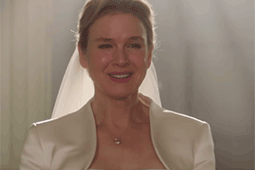
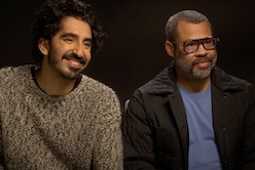
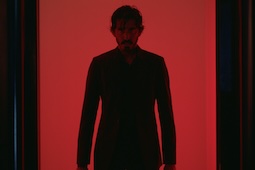
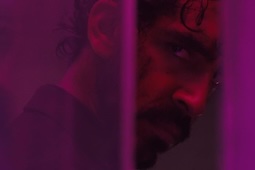
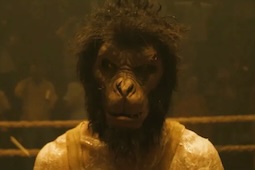
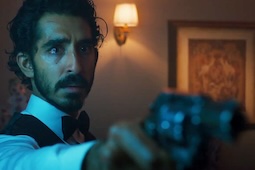
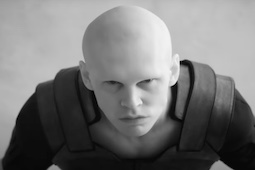
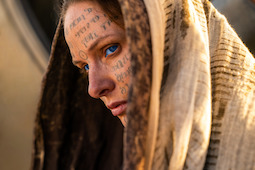
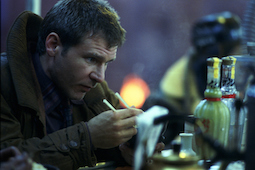
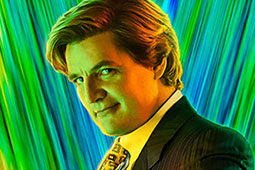
.jpg)
.jpg)

.jpg)
.png)



